Systemic Turkophobia and Islamophobia in Russia: From xenophobic rhetoric to violence
- 25 July, 2025
- 17:47
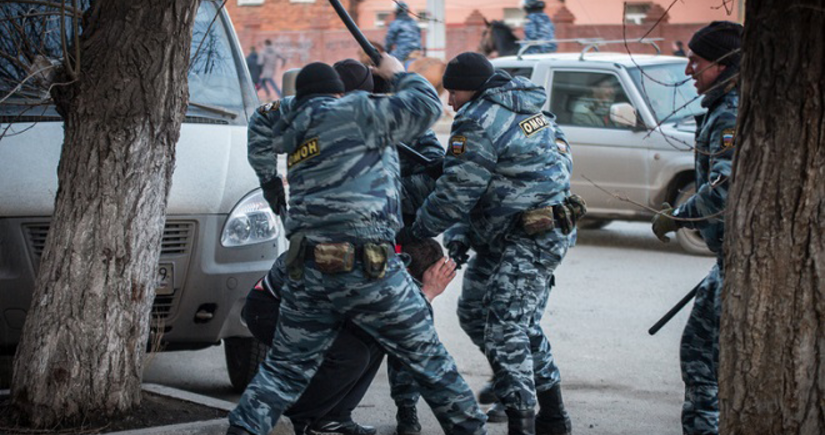
In June 2025, a high-profile incident occurred in Yekaterinburg: the mass detention of Azerbaijanis, during which two individuals died and dozens were subjected to beatings and torture. Russian authorities described the operation as “planned” and aimed at combating alleged criminal elements. However, the Azerbaijani public and human rights organizations characterized the incident as ethnically motivated violence. These events have heightened concerns over the growing prevalence of Turkophobic and Islamophobic sentiments within Russian society—both at the governmental and societal levels.
This is not an isolated episode. Since the early 2020s, Russia has witnessed an escalating wave of ethnic and religious discrimination targeting Turkic peoples, including Uzbeks, Kyrgyz, Kazakhs, Tatars, Azerbaijanis, and others. Social media has recorded numerous posts inciting hatred toward Turkic communities.
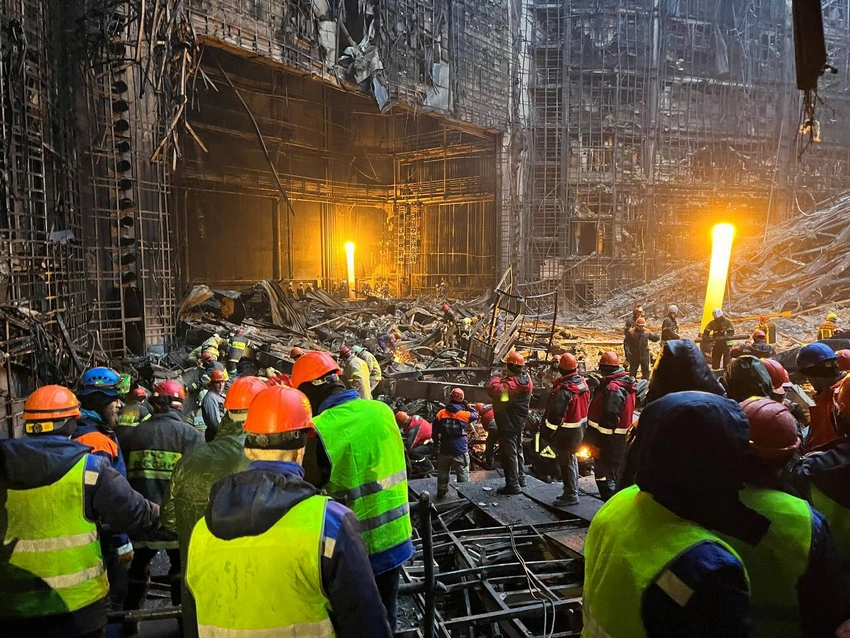
Following the terrorist attack at Crocus City Hall in March 2024—attributed to citizens of Tajikistan and Kyrgyzstan—Russian authorities launched a large-scale campaign to inspect and detain migrants from Central Asia. According to human rights organizations, more than 2,000 complaints of unlawful detentions, torture, and deportations were filed within a single week after the attack. The Ministry of Internal Affairs initiated widespread raids that, according to observers, involved ethnic profiling. Uzbeks, Kyrgyz, and Tajiks became primary targets of these actions, which were accompanied by openly xenophobic rhetoric in state and pro-government media.
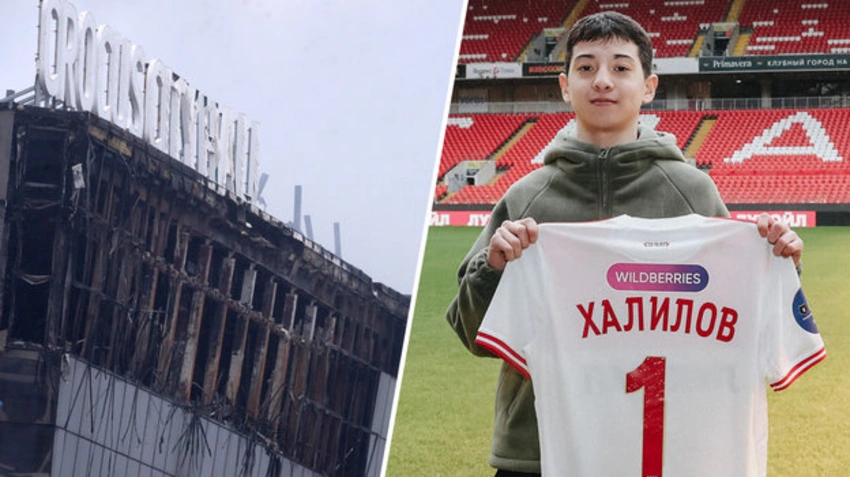
Russian society swiftly ignored the fact that a Moscow schoolboy of Kyrgyz-Uzbek descent, Islam Khalilov, saved over 100 people by leading them out of the concert hall through service corridors. Although he received official recognition, including a medal, his heroism did nothing to protect his community from systemic discrimination.
Particular concern was raised by statements made in 2024 by Dmitry Medvedev, Deputy Chairman of the Security Council of the Russian Federation. Known for provocative remarks, Medvedev asserted the need to “lighten” Russian regions and restrict family reunification for migrants from Turkic countries. While the precise meaning of “lighten” was not explained, it appeared to carry racial implications. Human rights defenders interpreted these comments as a clear legitimization of discriminatory practices. Such rhetoric by high-ranking officials reinforces negative stereotypes and fuels everyday xenophobia, which is already widespread in Russia.
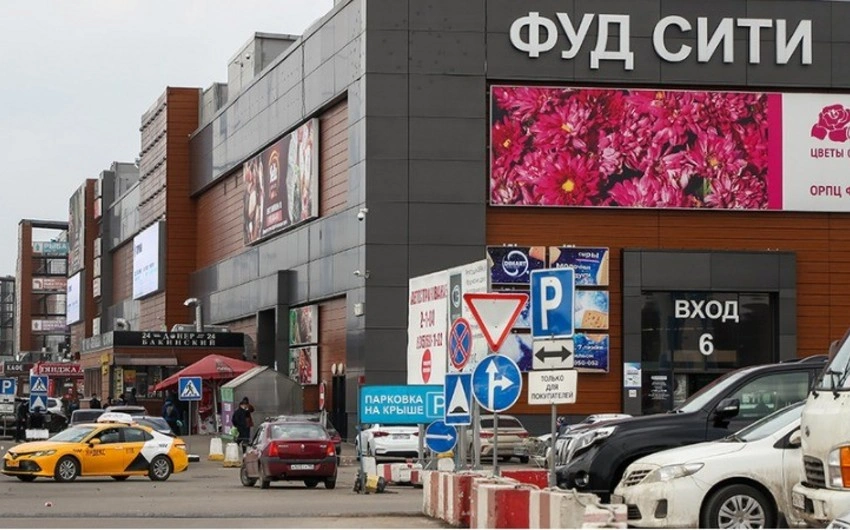
Similar incidents occurred earlier. In 2021, after a conflict at Moscow’s “Food City” market, authorities conducted mass checks and detentions of Azerbaijani traders—actions perceived by the diaspora as ethnic profiling, despite official claims of combating illegal migration. Historically, whenever the Kremlin experiences diplomatic friction with a particular post-Soviet state, ordinary migrant workers often bear the brunt. Measures include bans on the import of goods such as fruits and wine, coupled with increased police harassment, repeated document checks, and systemic bias in law enforcement practices.
This pattern extended beyond Azerbaijanis. In 2023, Human Rights Watch documented systematic discrimination against Kyrgyz migrants in the Russian labor market. Likewise, Kazakh citizens faced heightened border scrutiny, particularly after Kazakhstan refused to recognize Russia’s annexation of Ukrainian territories. From 2022 to 2023, more than 500 cases of entry denial were recorded, prompting formal protests from Kazakhstan’s Ministry of Foreign Affairs.
Kazakh society, as well as the country’s Ministry of Foreign Affairs, expressed dissatisfaction with Russia’s behavior. It is likely that President Kassym-Jomart Tokayev’s remarks on Kazakhstan’s refusal to recognize territories seized by Russia deeply offended Moscow, prompting it, once again, to retaliate against ordinary people.
The number of administrative cases against migrants in the Russian Federation has long exceeded any reasonable limit. According to media reports, in 2024, the number of administrative proceedings for “violations of migration regulations” nearly doubled compared to 2023. Russian cities have seen a surge in so-called “control raids” by the police, during which individuals with an accent, darker skin, or a Muslim appearance automatically become targets of repression—with no opportunity to respond. The chance to explain that one is not an offender but simply on their way to buy bread is almost never given. One reported case describes a Kyrgyz student being detained in the Moscow metro for “looking like a Tajik,” which apparently has become a new operational criterion for law enforcement.
In addition to physical and legal forms of discrimination, Turkic peoples face cultural marginalization. Between 2018 and 2025, there were consistent attempts in the media and public discourse to portray Turkic peoples as historically “alien” to Russia. Tatars and other Turkic groups are often depicted as descendants of “invaders.” In Tatarstan, there has been a reduction in Tatar language instruction in schools and restrictions on its use in public life. Some officials, according to sources, have even joked in private conversations that “nobody understands Tatar anyway”—a remark laden with prejudice.
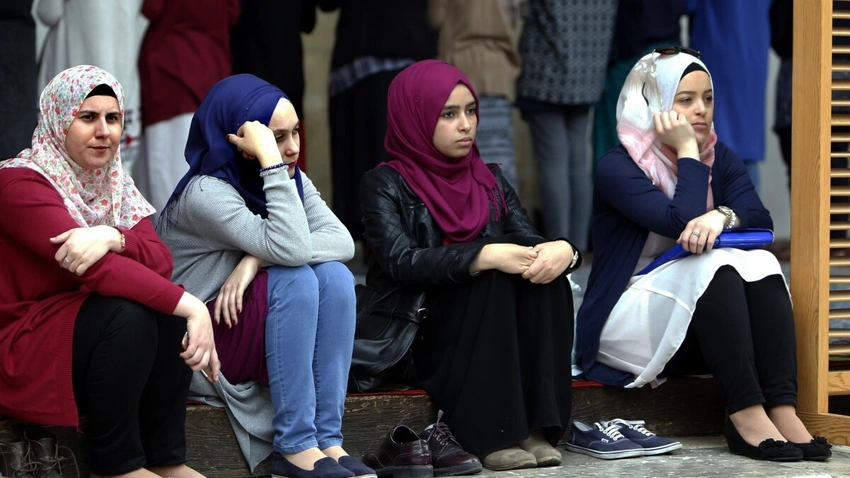
Alongside the rise in cases of Turkophobia, there has also been an increase in instances of Islamophobia in Russia. Since the early 2000s, Muslim schoolgirls in a number of regions have been banned from wearing hijabs in schools. In the 2020s, such prohibitions expanded to the Khanty-Mansi and Yamalo-Nenets Autonomous Districts, and in 2024 to the Vladimir region. In one case, a schoolgirl was expelled for wearing a hijab; only after public outcry was she allowed to continue her education through homeschooling. These incidents reflect institutional Islamophobia, disguised under the pretext of secular norms.
At the end of May 2025, during a Sunday sermon, the head of the Sochi Metochion of the Valaam Monastery, Schema-Archimandrite Gavriil, commented on the massive crowds gathered for Eid al-Adha prayers on Moscow’s Mira Avenue, stating that “every inch of space was covered with people.” This is yet another indicator of Islamophobia. Furthermore, statements are periodically made at various levels of government suggesting that there are “too many mosques” in Russia. As a result, artificial barriers are often imposed on the construction of mosques—even in regions where Muslims constitute the majority. These attitudes demonstrate how far Russia still is from genuine religious tolerance.
Historically, the rise of Turkophobia and Islamophobia in Russia dates back to the late 1990s. In 2003, the Russian Ministry of Internal Affairs launched “Operation Fatima,” which mandated searches of all women wearing hijabs. That same year, Muslim women in Tatarstan fought for the right to wear headscarves in passport photographs, but the court sided with the state. Only years later were they granted the right to keep head coverings in official documents.
The media sphere also plays a significant role in reinforcing these biases. News reports frequently pair Islam with the term “radical,” while the media tends to emphasize the religious affiliation of those accused of crimes. This contributes to the securitization of Islam, where the religion is automatically associated with a security threat. Journalists often speak about “radicalism” with such confidence as if they had personally attended the Friday sermon.
Since the collapse of the USSR, chauvinistic sentiments have periodically flared up in Russian society. However, in recent years—especially since 2022—this trend has intensified, taking on institutionalized forms and enjoying broad public support. Therefore, the incidents in Yekaterinburg are not an anomaly but a continuation of long-standing state policies and societal tendencies in Russia, where Turkic peoples and Muslims have consistently become targets of discrimination and marginalization.
